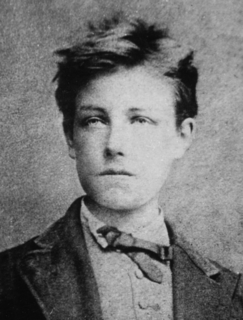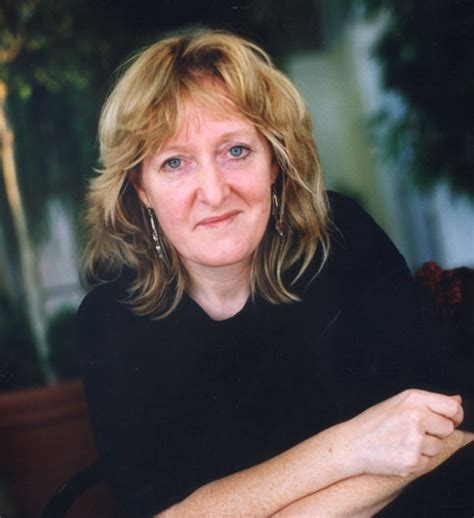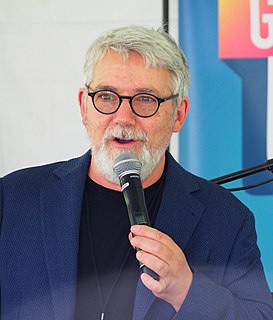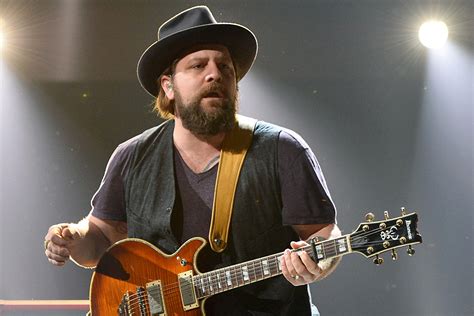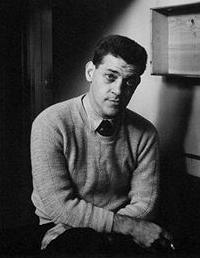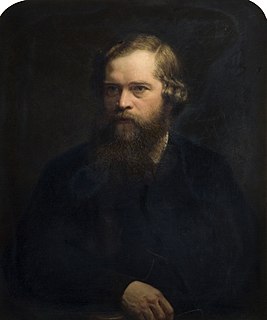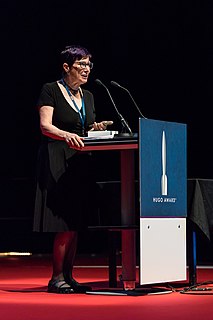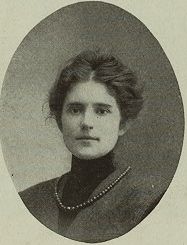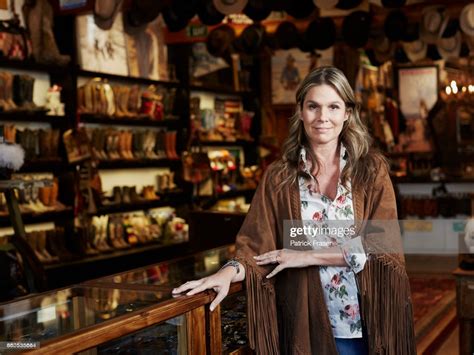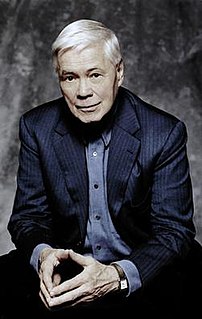Top 1200 Children's Books Quotes & Sayings - Page 4
Explore popular Children's Books quotes.
Last updated on April 21, 2025.
For a long time I found the celebrities of modern painting and poetry ridiculous. I loved absurd pictures, fanlights, stage scenery, mountebanks backcloths, inn-signs, cheap colored prints; unfashionable literature, church Latin, pornographic books badly spelt, grandmothers novels, fairy stories, little books for children, old operas, empty refrains, simple rhythms.
I remember my fourth grade teacher reading 'Charlotte's Web' and 'Stuart Little' to us - both, of course, by E. B. White. His stories were genuinely funny, thought provoking and full of irony and charm. He didn't condescend to his readers, which was why I liked his books, and why I wasn't a big reader of other children's' books.
Teachers and librarians can be the most effective advocates for diversifying children's and young adult books. When I speak to publishers, they're going to expect me to say that I would love to see more books by Native American authors and African-American authors and Arab-American authors. But when a teacher or librarian says this to publishers, it can have a profound effect.
Although I could read before I went to school, and I won the school reading prize at five years old, my early children's stories came from the radio and watching films at a cinema on Saturday mornings in Australia. It wasn't until I was nine years old on a ship returning from Australia that I was introduced to children's books.
It's enough for you to do it once for a few men to remember you. But if you do it year after year, then many people remember you and they tell it to their children, and their children and grandchildren remember and, if it concerns books, they can read them. And if it's good enough, it will last as long as there are human beings.
I don't think that children, if left to themselves, feel that there is an author behind a book, a somebody who wrote it. Grown-ups have fostered this quotient of identity, particularly teachers. Write a letter to your favorite author and so forth. When I was a child I never realized that there were authors behind books. Books were there as living things, with identities of their own.
There are all these new books out there portraying Asian mothers as scheming, callous, overdriven people indifferent to their kids' true interests. For their part, many Chinese secretly believe that they care more about their children and are willing to sacrifice much more for them than Westerners, who seem perfectly content to let their children turn out badly. I think it's a misunderstanding on both sides. All decent parents want to do what's best for their children. The Chinese just have a totally different idea of how to do that.
I am frustrated by celebrities who decide to write children's books because they think it's easy. That drives me crazy. It's frustrating because it's unfair to children. Because they'll get a lot of attention, they'll get a lot of marketing budget and so on just because they're a celebrity - the Madonnas, the Ricky Gervaises, the Russell Brands.
Books, books, books in all their aspects, in form and spirit, their physical selves and what reading releases from their hieroglyphic pages, in their sight and smell, in their touch and feel to the questing hand, and in the intellectual music which they sing to the thoughtful brain and loving heart, books are to me the best of all symbols, the realest of all reality.
The young adult literature is relatively new - it just kind of exploded in the 2000s. When I grew up, there weren't bookstores with sections dedicated to teen lit, nor was my generation raised reading books written specifically for us. Because of that, today we still think of books for teens as children's books and so when you write a book that includes sensitive topics, it just seems even more controversial. What's troubling to me about that is these are issues adults know that teens deal with. Not writing about them makes them something we don't, or can't talk about.
...The lesson [comic books] taught children- or this child, at any rate- was perhaps the unintentionally radical truth that exceptionality was the greatest and most heroic of values; that those who were unlike the crowd were to be treasured the most lovingly; and that this exceptionality was a treasure so great that it had to be concealed, in ordinary life, beneath what the comic books called a 'secret identity'.
It seemed more and more like something out of a children's book - the butterfly that followed the little girl all the way home to her fifth-floor walk-up. How above-the-law children's books are. Hansel and Gretel (littering, breaking and entering), Rumpelstiltskin (forced labor), Snow White (conspiracy to commit murder), Rapunzel (breach of contract).

